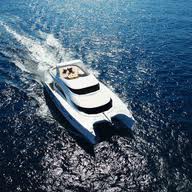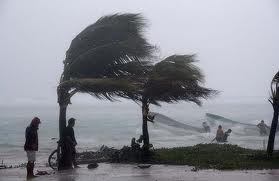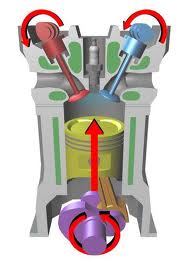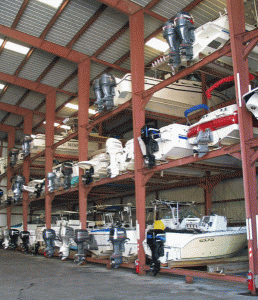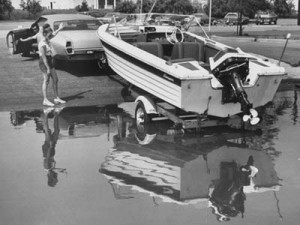Storing Bulk Oil
 We previously posted about the savings associated with purchasing motor oil in bulk, but what do you do once you have a 50 gallon barrel of oil? Obviously, you’re not going to use the motor oil all at once, so you need to properly store it. A shed or sheltered facility that is cool and free from moisture is an ideal storage spot.
We previously posted about the savings associated with purchasing motor oil in bulk, but what do you do once you have a 50 gallon barrel of oil? Obviously, you’re not going to use the motor oil all at once, so you need to properly store it. A shed or sheltered facility that is cool and free from moisture is an ideal storage spot.
Oil drums can leak, so you may want to store your bulk oil in an oil tank. These tanks tend to be more durable. Still, leaks can occur so check your oil tanks regularly for leaks. Clean up all spills immediately and replace or patch up leaking containers.


